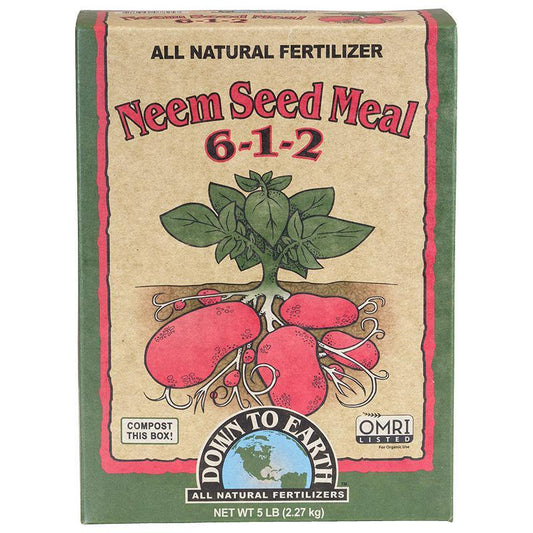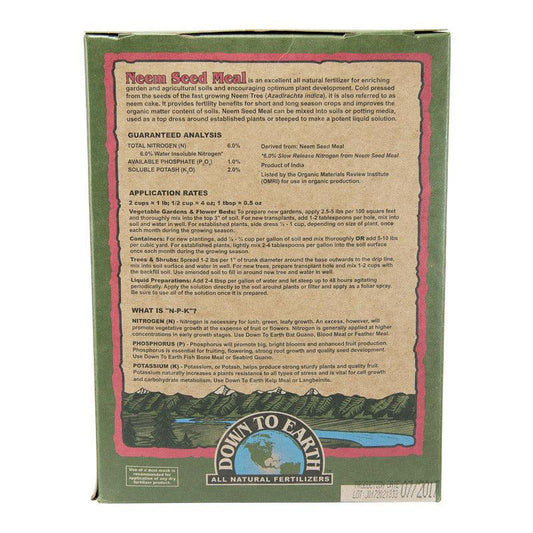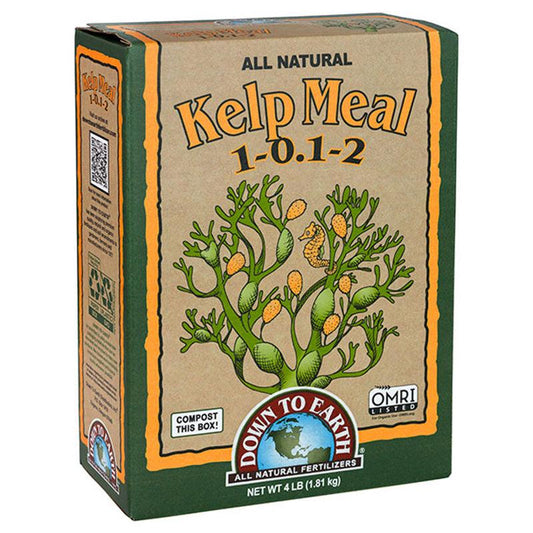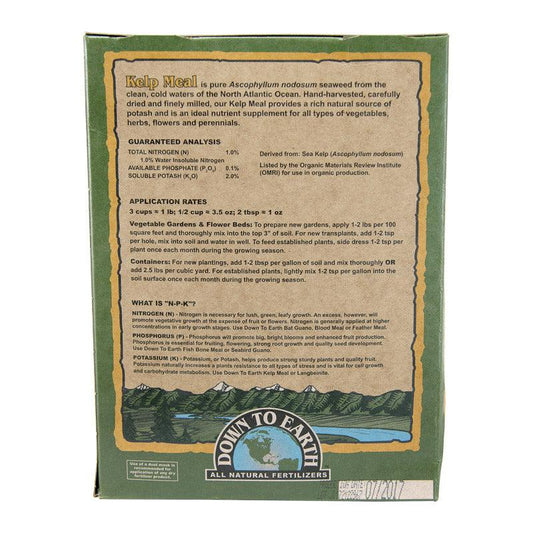Introduction
Organic gardening has long been a preferred method for cultivating plants without synthetic chemicals, promoting healthier ecosystems and safer food production. However, for gardeners seeking to take their eco-conscious efforts to the next level, vegan gardening—also known as veganic, plant-based, or stock-free gardening—is gaining traction.
Vegan gardening eliminates the use of any animal-derived products or by-products, making it a compassionate and sustainable approach that aligns with ethical and environmental values. This guide will explore the principles of vegan gardening, alternatives to traditional animal-based fertilizers, and vegan-friendly products to use in your garden.
What is Vegan Gardening?
Vegan gardening prioritizes practices that minimize harm to all living creatures, avoiding inputs derived from animals, such as blood meal, bone meal, or fish emulsion. While these animal-based products are effective fertilizers, their production often involves harm or exploitation of animals, which vegan gardeners seek to avoid.
Key Principles of Vegan Gardening
- Avoiding Animal Products: Vegan gardeners abstain from using fertilizers or amendments made from slaughter by-products (e.g., fish meal, shrimp meal) or those that exploit animals (e.g., manure, guano).
- Encouraging Natural Ecosystems: Instead of importing worms or beneficial insects, vegan gardening focuses on creating environments that naturally attract native species.
- Sustainability: Vegan gardening emphasizes sustainable practices, such as composting green waste, crop rotation, and cover cropping, to maintain soil fertility without reliance on animal inputs.
Why Choose Vegan Gardening?
Adopting vegan gardening practices offers several benefits, both ethical and environmental.
1. Ethical Reasons
Many fertilizers and soil amendments are by-products of the meat, dairy, or fishing industries. By avoiding these products, vegan gardeners reduce their contribution to industries that exploit or harm animals.
2. Environmental Benefits
Animal agriculture has a significant environmental impact, including deforestation, greenhouse gas emissions, and water pollution. Vegan gardening aligns with sustainability by reducing dependence on these industries.
3. Biodiversity and Soil Health
Vegan gardening promotes biodiversity by encouraging native plants, insects, and microorganisms to flourish, creating a balanced ecosystem that supports long-term soil health.
Vegan-Friendly Gardening Products
Switching to vegan gardening doesn’t mean sacrificing effective tools and amendments. Many plant-based or mineral-based products are available to nourish your garden while staying true to vegan principles.
Vegan Fertilizers and Soil Amendments
- Down To Earth Vegan Mix: A well-rounded fertilizer specifically designed for vegan gardening.
- Plant-Based Meals: Alfalfa meal, cottonseed meal, neem seed meal, and soybean meal are excellent sources of nutrients.
- Mineral Fertilizers: Calphos, gypsum, greensand, and rock phosphate provide essential minerals.
- Kelp-Based Products: Liquid kelp and kelp meal are rich in micronutrients and improve plant resilience.
Mulches and Composting
- Vegan Mulches: Mega Mulch and other plant-based mulches are ideal for moisture retention and weed suppression.
- Green Waste Compost: Compost made entirely from plant materials provides a rich, animal-free soil amendment.
- Coco Coir: A sustainable alternative to peat moss, coco coir is a versatile option for improving soil structure.
Pest Control and Prevention
- Barriers and Deterrents: Use gopher wire, floating row covers, and pest barriers to protect plants without harming animals.
- Companion Planting: Strategically plant pest-repellent species to reduce infestations naturally.
- Biological Controls: Encourage native predators like ladybugs and birds to manage pest populations instead of introducing non-native species.
Soil Conditioning
- Biochar: Enhances soil fertility and carbon sequestration.
- Humic Acids: Products like Humax improve nutrient uptake and soil structure.
Products to Avoid in Vegan Gardening
While many products are considered organic, they may still contain animal-derived ingredients that are incompatible with vegan principles.
Animal-Based Fertilizers and Amendments
- Bone Meal: Derived from animal bones.
- Blood Meal: Made from animal blood.
- Fish Meal and Liquid Fish Fertilizers: By-products of the fishing industry.
- Shrimp and Crab Meal: Derived from crustaceans.
- Manures and Guano: Even though manure happens naturally, it is often sourced from industrial farming operations.
Other Non-Vegan Inputs
- Vermicomposting/Worm Castings: Some vegan gardeners avoid these due to concerns about the welfare of the worms involved.
- Pesticides that Kill Pests: Sticky traps, insecticidal sprays, and chemical pesticides are avoided in favor of deterrents or prevention techniques.
Debated Vegan Practices
Certain products and practices occupy a gray area in vegan gardening. For example:
- Manure from Well-Treated Animals: Some vegan gardeners may use manure from backyard pets, such as horses, if the animals are well-cared-for and not exploited.
- Worm Castings and Beneficial Insects: While some avoid these, others may use them sparingly, focusing on encouraging native species instead of importing them.
Ultimately, vegan gardening is about making informed choices that align with your values and environmental goals.
Creating a Veganic Garden
Transitioning to vegan gardening involves more than just swapping out products—it’s about cultivating a garden that thrives sustainably and compassionately.
Steps to Start a Veganic Garden
- Build Healthy Soil: Focus on plant-based compost, cover cropping, and adding mineral amendments to create a nutrient-rich foundation.
- Encourage Biodiversity: Plant a mix of native flowers, vegetables, and herbs to attract pollinators and beneficial insects.
- Practice Crop Rotation: Rotate crops each season to maintain soil health and prevent nutrient depletion.
- Compost at Home: Create your own compost using kitchen scraps, yard waste, and plant material to enrich your soil naturally.
Final Thoughts
Vegan gardening is a thoughtful and sustainable approach that eliminates the use of animal-derived products while promoting soil health, biodiversity, and ethical stewardship. By choosing plant-based and mineral-based alternatives, you can create a thriving garden that aligns with your values and contributes to a healthier planet.
Whether you’re new to vegan gardening or looking to refine your practices, there are countless tools and resources available to support your journey. From plant-based fertilizers to natural pest deterrents, every choice you make helps cultivate a compassionate and sustainable gardening space. Explore our full selection of fertilizer and growing supplies to help your garden thrive.
Learn more at Veganic Agriculture Network. Our Resource Center has other helpful details on prioritizing organic fruits and vegetables in your diet as well as agencies responsible for organic certification.
Resource Area:
Nitrogen-Rich Soil Boosters
Give your soil a powerful nitrogen boost with organic meals and plugs like alfalfa or neem.
- Preparing Soil for Robust Brussels Sprouts – Recommends alfalfa meal for early nitrogen and balanced spring growth.
- Down to Earth Neem Seed Meal (Video) – Delivers nitrogen while discouraging soil-dwelling pests naturally.
- Down to Earth Alfalfa Meal (Video) – Great for nitrogen enrichment and microbial activity in spring prep.
Enhance Soil Structure & Microbial Zones
Pair organic fertilizers with aeration and drainage aids to support root health and microbial activity:
- How to Use Soil Amendments: Rice Hulls – Improve soil aeration, water flow, and microbial habitat using sustainable rice hulls.
- Down to Earth Crab Meal – Improves microbial zones while enhancing soil texture and pest resistance.
- Down to Earth Citrus Mix – Supports root zone health and structure for citrus and other perennials.
- Down to Earth Blood Meal – Boosts nitrogen levels while stimulating microbial growth in soil layers.
- Down to Earth All Purpose – Enhances root development and overall soil ecosystem health.
Integrating Fertilizers with Cover Crops
Combine amendments and cover crop planting to build healthy soil ecosystems:
- Cover Crops – Strategies for choosing plants that fix nitrogen or build biomass in combination with amendments.
- Down to Earth Shrimp Meal (Video) – How to layer shrimp meal with cover crops for balanced soil nutrition.
Tree & Shrub Fertilizer Basics
Master feeding and planting tips for healthy shrubs and fruit trees:
- When & How to Fertilize Fruit Trees – Guidance on timing and nutrient needs for fruiting plants.
- Supplies for Planting Bare-Root Trees & Plants – Tips on starter feeds and fertilizer placement.
- Dramm Siphonject – Enables easy application of tree fertilizer through irrigation lines.
- Down to Earth Vegan Mix – A great option for tree-loving gardeners seeking animal-free nutrition.
- Down to Earth Tree & Shrub – Specialized blend to promote long-term health and growth in trees and shrubs.









6 comments
Hi!
Do you know of any store bought compost that is vegan? I’m making my own compost in our compost tumbler but it takes time and the quantity isn’t as much as I’d like to have on hand. In the meantime, I’m using mushroom compost that contains chicken manure. I just contacted the company and they cannot confirm whether it’s ethically sourced. So now I’m looking for an alternative. I mix vermiculite, coconut coir and mushroom compost to make my own soil which I find is probably the best option right now. What do you suggest for replacing the mushroom compost as it’s 1 of 3 ingredients to make my soil?
Thanks!